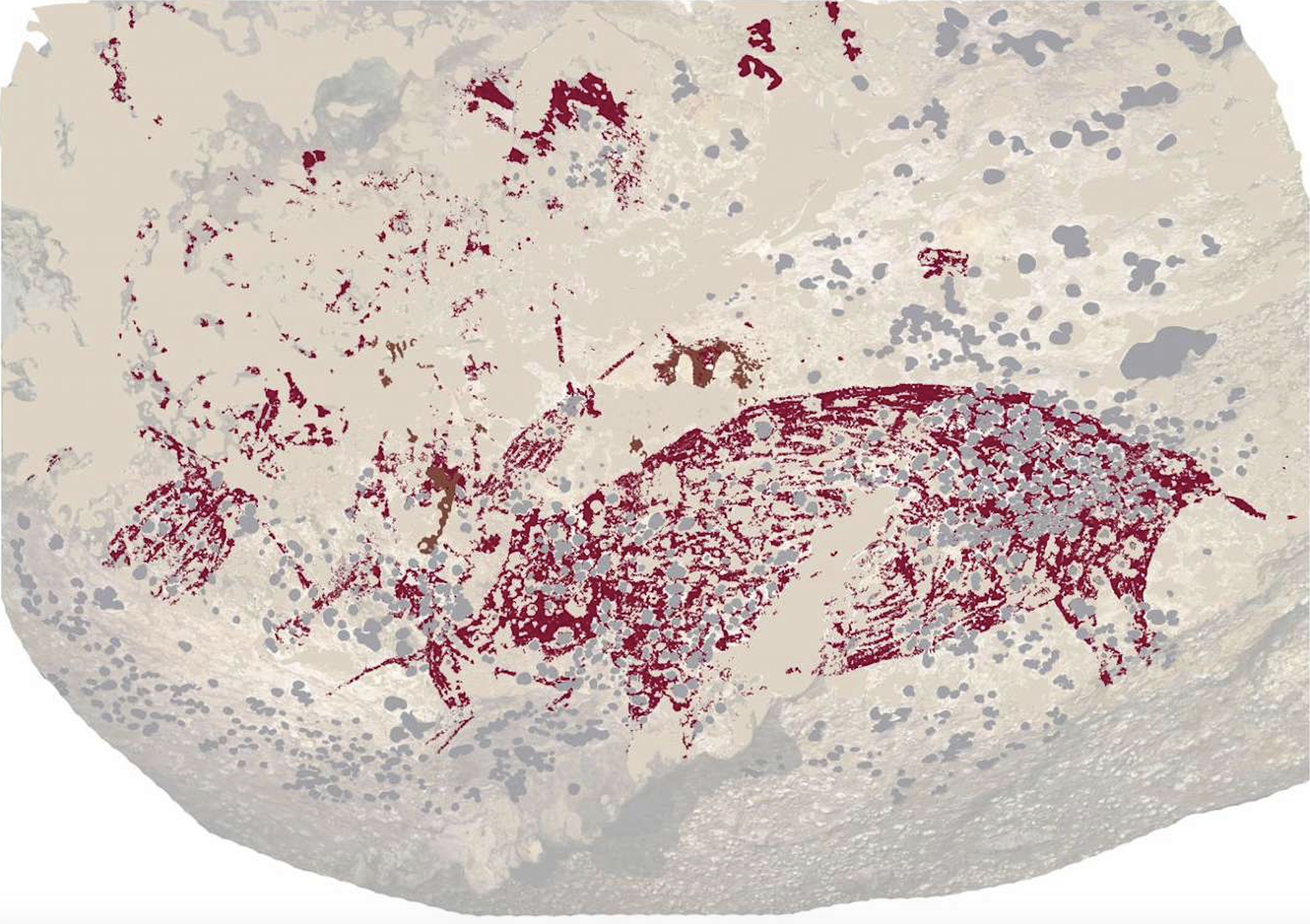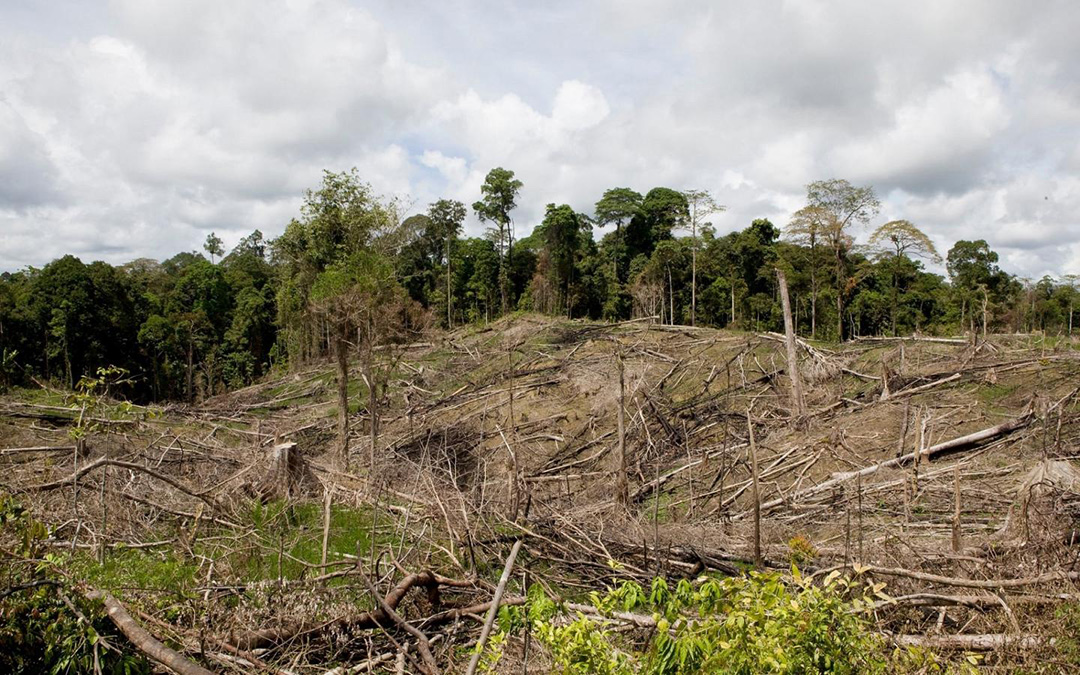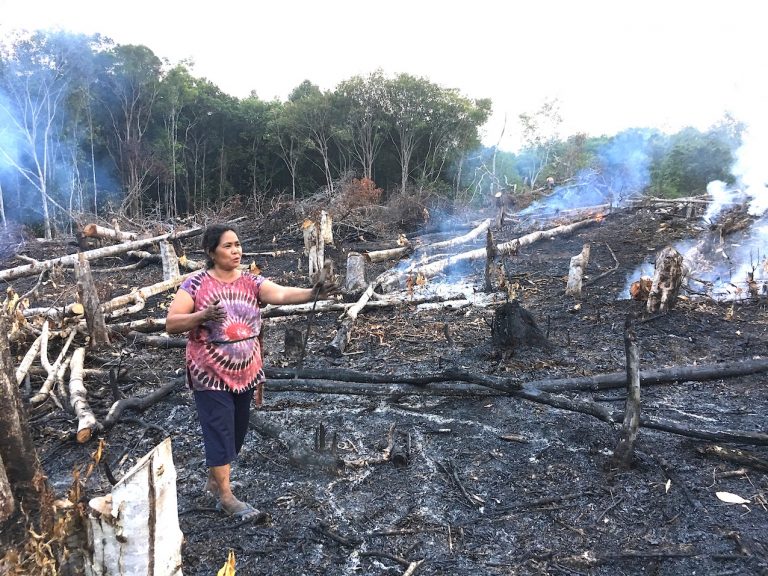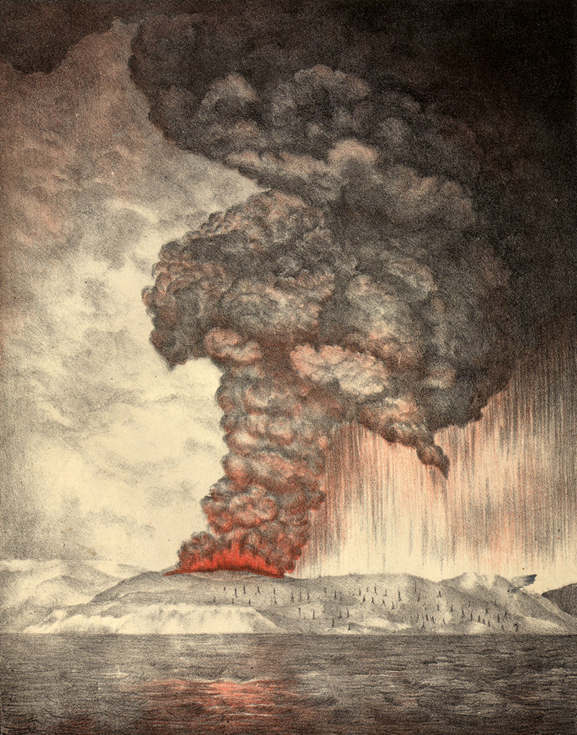Open closure

Apparently, it is the election year of the largest democracies, a welcoming reception of the third has not been found among us. The general elections in Indonesia will be held on 14 February. When they have not been ignored, there have been some painful judgments.
To Indonesia, which appears to be the third democracy in the world, depending on the number of citizens, it does not seem to be particularly important to this pessimism of foreigners. And sometimes they also respond with mastery in classification: they reasonably claim that 200 million citizens on the same day are the only country in the world that can vote. In India the general elections are held for several weeks, and in the United States, despite the largest number of inhabitants, those who are entitled to vote are not as many as in Indonesia.
But, apart from the curiosities, this year’s general elections in Indonesia (in which both President and Vice-President, Members and Senators and members of local legislative institutions are elected) have a quite different meaning both internally and externally. For the household, they can change the internal political balances that have been very precise in the last decade, always without the expectation of huge ruptures, but bearing in mind that the insularity of the country itself (and the Constitution) assigns broad powers to local entities and that the contexts are very different in both.
For foreign policy, however, the president is decisive (de facto, he assumes the foreign relations portfolio with the head of the armed forces). That is why the low expectation of these elections this year is intertwined in the presidential vote. I say modest, because the polls announce quite clearly that the tandem Prabowo Subianto / Gibran Rakabuming is going to win the election, and because the only unknown is if they are going to exceed the 50% needed to impose themselves on the first round.
The political knot is later. The two-term president (and that is why he could not be a candidate on this occasion), Joko Widod, has maintained with caution absolute neutrality in the USA-China, which is becoming hotter in that part of the world. The consequence is that Indonesia, which is the clandestine of this whole space, does not participate in the game, in addition to the central frame of the US Indo-Pacific Strategy. And therefore, the fence has a wide door without barriers for China.
Despite the fact that the issue has hardly been mentioned in the election campaign, monitors say Prabow will confirm and increase Jokowi’s neutrality policy. And some don't like that. Because they think it's putting themselves in favor of the other.
In the south of the Indonesian island of Sulawesi, in the cave of Leang Karampuang, archaeologists from the Griffith and Southern Cross universities and the Indonesian National Agency have discovered a painting of three anthropomorphic figures and a boar. According to the study... [+]
It is four months before Prabowo Subianto, a former dark history general, became the eighth president of Indonesia after winning the presidential elections on 14 February this year. And just two months on August 17, coinciding with the 79th birthday of the declaration of... [+]
Genocide is unfortunately a fashionable word. According to Rafael Lemkin’s definition in 1946, genocide is defined as “actions aimed at the total or partial destruction of a national, ethnic, racial or religious group.” These actions may include “killing the members of... [+]
Indonesiako poliziak maiatzaren 26an Junawal Bin Sukino nekazari sindikalista atxilotu izanak kexua eta amorrua piztu ditu bertako nekazari ttipien artean. Beste behin, haien oinarrizko eskubideei tu egin eta multinazionalen mesederako hartu erabakia delako. Bioaniztasunaren... [+]




















